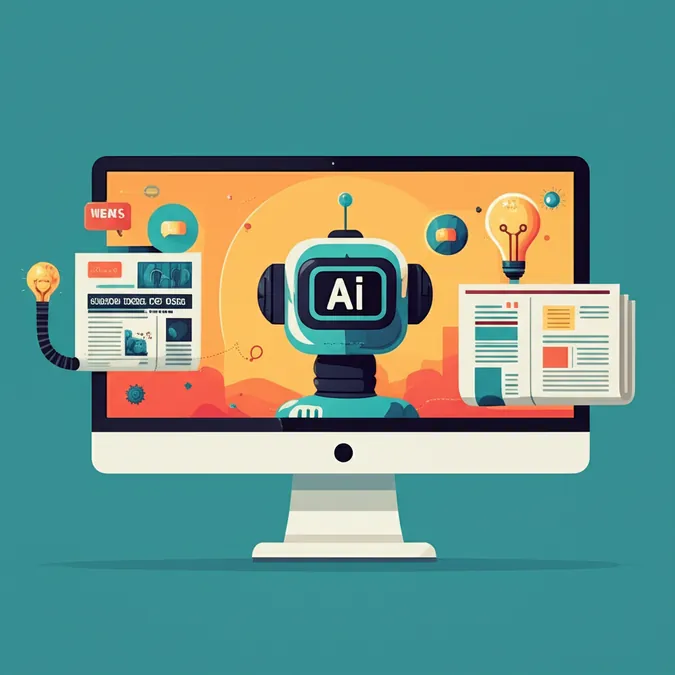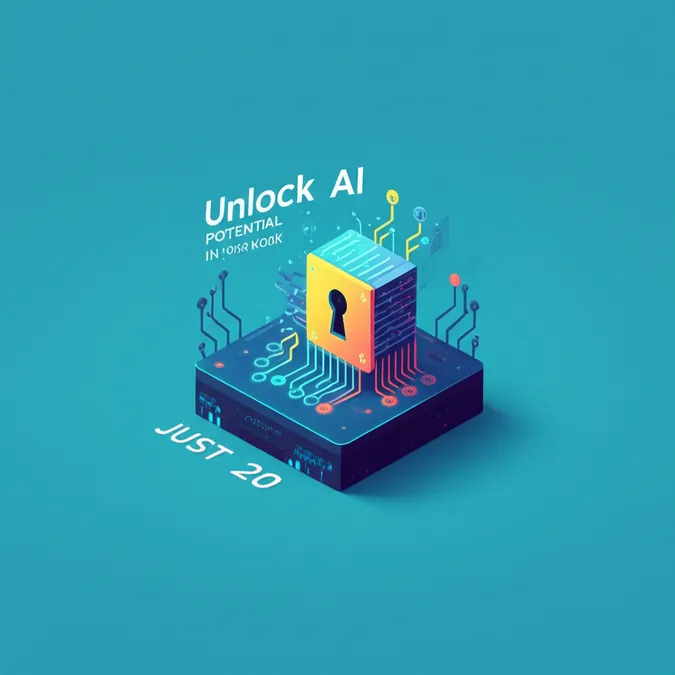Developer Offer
Try ImaginePro API with 50 Free Credits
Build and ship AI-powered visuals with Midjourney, Flux, and more — free credits refresh every month.
ChatGPT Overuse Threatens Student Thinking Skills
By Ayu Purnama Sari
“Technology is a dangerous employer as well as a helpful servant” —Christian Lous Lange.
In today's technological era, many students use AI tools like ChatGPT to find quick answers. Research by Joubert et al. (2021) shows that overuse of AI can make students lose active engagement in the learning process, as they tend to receive information passively without processing it critically. This essay argues that there are three ways in which ChatGPT can degrade students' thinking ability: it reduces critical thinking skills, limits creativity, and weakens self-learning habits. The case of use that ChatGPT provides should be balanced to avoid undermining or impairing students' capacity for independent thought. However, in practice, a lot of students abuse ChatGPT, which impairs their ability to think critically and causes them to stammer when asked to explain something.
The Erosion of Critical Thinking
One of the main impacts of overusing ChatGPT is the decline in students' critical thinking skills. Critical thinking includes the ability to evaluate information, analyze arguments, and make logical conclusions. When students overuse ChatGPT to answer questions or complete tasks, they tend to skip the deep and reflective thinking process. According to research by Joubert et al. (2021), overuse of AI results in reduced active participation of students in the learning process. This is reinforced by Mollick & Mollick's (2023) findings that students who routinely rely on AI tend to have weaker analytical thinking skills compared to students who work on tasks independently. A survey by Education Week (2023) also showed that more than 60% of teachers feel that students now lack the ability to develop critical and original arguments because they rely too often on answers from chatbots. That ChatGPT should be used as a tool, not as a replacement for the thinking process. If not controlled, the overuse of AI can actually ruin healthy study habits and weaken the overall intellectual quality of students.
Stifling Student Creativity
In addition to weakening critical thinking skills, excessive use of ChatGPT can also limit students' creativity. Creativity is a person's ability to generate new and unique ideas in solving a problem or presenting an idea. In education, creativity is essential so that students can think independently, explore different points of view, and express their thoughts freely. When students are accustomed to asking for direct answers from AI, they tend to no longer try to generate original ideas or explore various possibilities in completing tasks. Creative thinking processes such as brainstorming, imagining unique solutions, or crafting sentences in a personal style are hindered as they simply copy the answers from the machine. According to research by Alshahrani (2023), students who use ChatGPT excessively exhibit a decline in their capacity for original thought and creative writing. This is consistent with a UNESCO report from 2023 that cautions that if AI technology is not handled responsibly, it may impede young people's ability to develop their creativity. A lot of students these days value speedy outcomes over difficult creative thought processes. If this pattern is allowed to continue, then kids' ability to think 'out of the box' will deteriorate.
Undermining Independent Learning Habits
Excessive use of ChatGPT can damage autonomous learning habits while also reducing critical thinking skills and creativity. Self-learning refers to pupils' active attempts to explore and understand information on their own. However, when students rely too heavily on ChatGPT for immediate answers, they tend to neglect essential procedures like reading, note-taking, and reflective thinking. A study by Kasneci et al. (2023) shows that overuse of AI makes students more passive in learning. An Education Week report (2023) also mentioned that teachers have seen a decline in assignment quality and learning motivation since students regularly use AI tools. If this continues, students will struggle when faced with conditions that demand deep understanding and thinking, thus negatively impacting their intellectual development.
Using ChatGPT Wisely: A Path Forward
In conclusion, while ChatGPT offers convenience, its excessive use can undermine students’ intellectual growth. By weakening critical thinking, limiting creativity, and damaging independent learning habits, AI overreliance risks turning students into passive recipients of information. Therefore, to maintain strong thinking skills, ChatGPT should be used wisely—as a support tool, not a substitute for the learning process.
References
Alshahrani, H. A. (2023). The Impact of AI Tools on Students’ Creative Writing Skills: A Case Study of ChatGPT Use in Classrooms. International Journal of Educational Technology, 18(2), 112–124.
Education Week. (2023). Teachers Report Decline in Student Engagement Due to AI Tools. Retrieved from www.edweek.org

Compare Plans & Pricing
Find the plan that matches your workload and unlock full access to ImaginePro.
| Plan | Price | Highlights |
|---|---|---|
| Standard | $8 / month |
|
| Premium | $20 / month |
|
Need custom terms? Talk to us to tailor credits, rate limits, or deployment options.
View All Pricing Details

